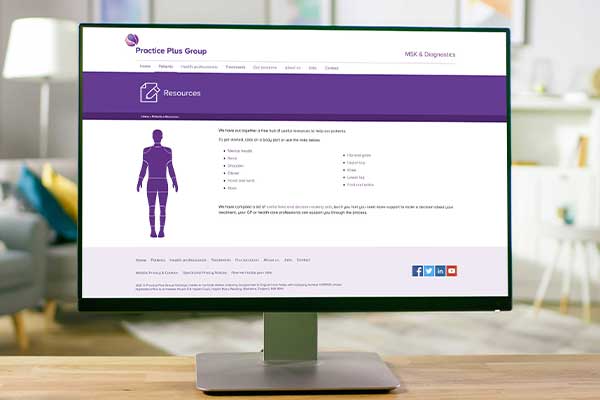Mindfulness is the practice of being more aware of the world around you.
By noticing sensations, thoughts and feelings, we disrupt the ‘auto-pilot’ mode we engage day to day and can gain a new perspective on life. When things start to look a little bleaker, pay attention to your body and your surroundings to get a sense of what ‘is’ rather than getting caught up in your own thoughts:
- Notice the everyday: Notice the chair you are sat on, the breeze as you walk, the texture of your food and the sounds around you.
- Practice it daily: Pick a time when you can be mindful, for example, your morning commute, or a lunch time walk. Be mindful of the sensations at that time.
- Try something new: Notice the world in a fresh way by sitting in a different seat, taking a new route to work or trying somewhere different for lunch.
- Watch your thoughts: Mindfulness isn’t about making thoughts ‘go-away’ it’s about seeing them for what they are, thoughts. Try watching your thoughts but not engaging with them.
- Label your thoughts: When your thoughts begin to spiral, watch them without engaging, and then label them either as a thought or a feeling, “I mustn’t forget to pick up milk later,” acknowledge the thought, label it either thought or feeling, then carry on with the task you are meant to be doing.
- Find your way: There are plenty of books and apps out there designed to help teach you more about mindfulness. Trying a few will help you to find the right mindfulness technique for you.
Regular mindfulness practice will coach you to be more in tune with yourself and help you to sooner spot the subtle signs of depression so you can manage them earlier.
Resources:
Why health anxiety is a medical problem
Finding the positives when news is bad
Reconnecting with what matters and practising gratitude
For some of us we now have more time on our hands than we usually would, giving us more time to think about what we prioritise in our lives and a chance to reconnect with what we value most.
A great way to exercise what you appreciate most in life is by practising gratitude. Expressing your gratitude has many benefits including, boosting your overall wellbeing, creating better relationships, improving your sleep, enhancing physical health and raising your self-esteem.
Here’s three small activities to practice gratitude:
List three things that you are grateful for. These can be things that you don’t usually think about in daily life and may take advantage of. For example, it could be, having access to clean water, having a roof over your head, being able to buy food, having friends and family or even a morning coffee. It’s the small things that make life so worth living.
Connect with what uplifts you. Think about a certain memory, smell, song, taste or sensation that makes you feel good. Savour that moment for a few minutes and think about why it’s special to you.
At the end of the day remember all the positives that happened. Before going to sleep, write down all the little things that happened in your day that you appreciated. It can be as mundane as your partner making you a cup of tea, watching your favourite TV series or reading a book. This will help to fill you with positivity before bed and overshadow any negativity in your life.
We hope these small exercises will help you to experience and savour every little thing in life so that next time you’re feeling stressed or overwhelmed, you remember what really matters to you.





